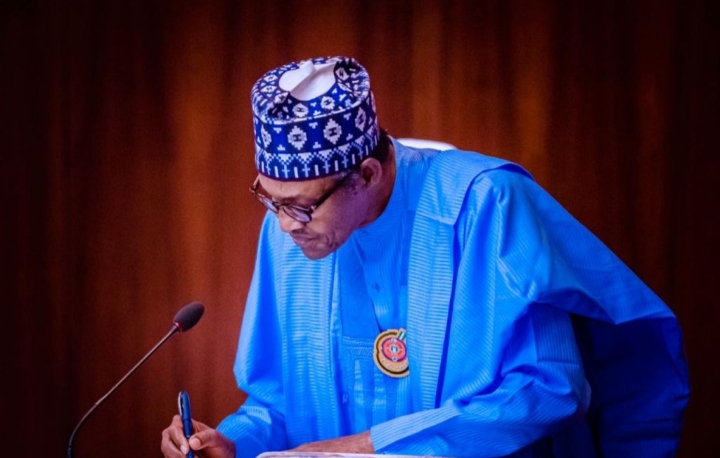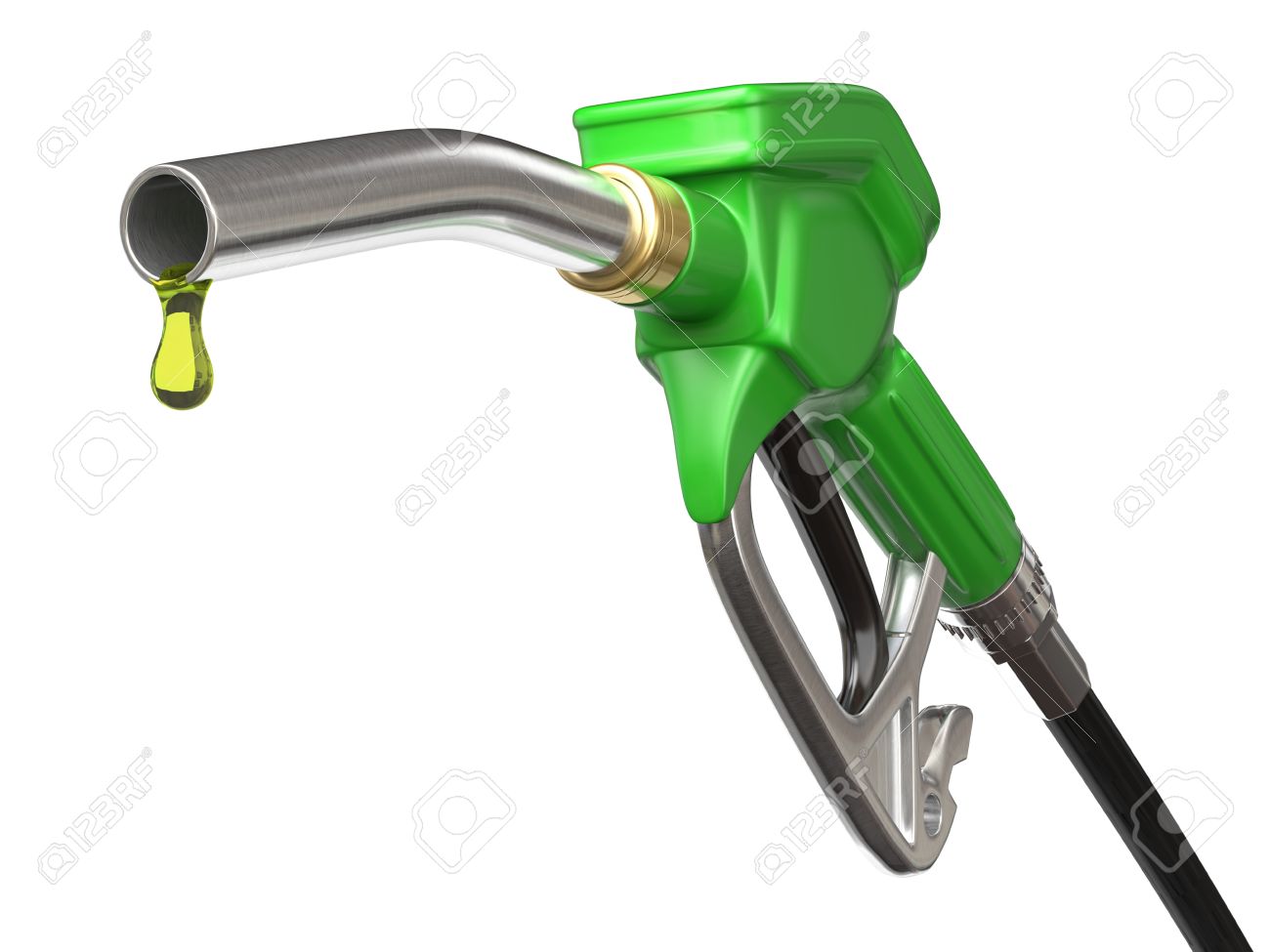Business
FG To End Petrol Subsidy June 2022, World Bank Condemns N2.9tn Funding

The World Bank has decried the continued spending by the Nigerian government on petrol subsidy, which it said is on track to gobble up N2.9tn this year.
Its Country Director for Nigeria, Shubham Chaudhuri, who spoke on Monday at a panel session during the 27th National Economic Summit, said the country could channel the money being spent on subsidy to primary healthcare, basic education and rural roads.
“This year, Nigeria is on track to spend N2.9tn on PMS subsidy, which is more than it spends on health,” he said.
Also speaking at the session, the Minister of Finance, Budget and National Planning, Zainab Ahmed, said the Federal Government had made provision for petrol subsidy till the end of June next year.
“In our 2022 budget, we only factored in subsidy for the first half of the year; the second half of the year, we are looking at complete deregulation of the sector, saving foreign exchange and potentially earning more from the oil and gas industry,” she said.
The World Bank director, who likened Nigeria to a malnourished individual needing urgent treatment, said some critical decisions need to be made now for the country to realise its potential.
He said, “I think the urgency of doing something now is because the time is going in terms of retaining the hope of young Nigerians in the future and potential of Nigeria. The kinds of things that could be done right away – the petrol subsidy; yes, I hear that six months from now, perhaps with the PIA(Petroleum Industry Act) coming into effect, this will go away.
“But the fact is can Nigeria even afford to wait for those six months? And there is a choice: N3tn to PMS subsidy which is depriving states of much-needed revenues to invest in basic services.”
READ ALSO: Amnesty International Condemns UAE Arbitrary Detention, Deportation Of Black Africans
The Chairman, Presidential Economic Advisory Council, Prof. Doyin Salami, said he had argued for a long time that subsidy really needed to go.
He said, “With the PIA essentially it makes illegal petrol subsidy and yes, there is a period where NNPC and the new regulatory agencies must calibrate themselves, but at the end of this period – and I think it is about six months, which explains why the minister has said for the first half of the year, there is provision.
“My view will be if we could get it done sooner than that, it will be excellent. It releases money. The key point is simply this: we are now, any which way, at the tail end of that conversation, except if we choose not to obey the law. My sense is we will obey the law and subsidy will be gone.”
(PUNCH)
Business
Naira Continues Gain Against US Dollar As Nigeria’s Foreign Reserves Climb To $45.57bn

The Naira appreciated further against the United States Dollar at the official foreign exchange market, beginning the week on a good note.
Central Bank of Nigeria data showed that the Naira strengthened on Monday to N1,429.31 per dollar, up from N1,430.85 exchanged on Friday, 2 January 2026.
This means that the Naira gained N1.56 against the dollar on Monday when compared to N1,430.85 last week Friday.
READ ALSO:Naira Records Significant Appreciation Against US Dollar
At the black market, the Naira dropped by N5 to N1480 per dollar on Monday, down from N1475 traded Friday.
The development comes as the country’s external reserves rose to $45.57 billion as of Friday last week.
Business
NNPCL Reduces Fuel Price Again

The Nigerian National Petroleum Company Limited, NNPCL, has again reduced its premium motor spirit price.
In Abuja, on Monday morning, it was gathered that NNPCL retail outlets have reduced their fuel price to N815 per liter, down from N835.
This means that the NNPCL filling stations cut their price by N20.
The fresh price has been implemented at NNPCL filling stations in Wuse Zone 6 and 4 Abuja, Keffi-Abuja Road, and Kubwa Expressway.
READ ALSO:Fuel Price Cut: NNPCL GCEO Ojulari Reveals Biggest Beneficiaries
An NNPCL filling station attendant, who preferred anonymity, told DAILY POST that the new price was implemented on Sunday evening.
However, the N815 per liter is N79 higher than the N739 per liter sold at Dangote Refinery’s backed MRS filling stations nationwide.
DAILY POST recalls that NNPCL on December 19, 2025, cut its price of petrol by N80 to N835 amid a price war among players in the country’s oil downstream sector triggered by Dangote Refinery’s gantry price reduction to N699 per liter.
Business
NNPCL Announces Restoration Of Escravos-Lagos Pipeline

The Nigerian National Petroleum Company Limited (NNPCL) has announced the complete restoration of the Escravos-Lagos Pipeline System (ELPS) in Warri, Delta State, following the recent explosion on the asset.
The chief corporate communications officer (CCCO) of the nation’s oil company, Andy Odeh, in a statement, said that the pipeline is fully operational, reiterating the company’s resilience and commitment to energy security.
“NNPC Limited is pleased to announce the successful restoration of the Escravos-Lagos Pipeline System (ELPS) in Warri, Delta State.
READ ALSO:Fuel Price Cut: NNPCL GCEO Ojulari Reveals Biggest Beneficiaries
“Following the unexpected explosion on December 10, 2025, we immediately activated our emergency response, deployed coordinated containment measures, and worked tirelessly with multidisciplinary teams to ensure the damaged section was repaired, pressure-tested, and safely recommissioned.
“Today, the pipeline is fully operational, reaffirming our resilience and commitment to energy security. This achievement was made possible through the unwavering support of our host communities, the guidance of regulators, the vigilance of security agencies, and the dedication of our partners and staff.
“Together, we turned a challenging moment into a success story, restoring operations in record time while upholding the highest standards of safety and environmental stewardship.
“As we move forward, NNPC Limited remains steadfast in its pledge to protect our environment, safeguard our communities, and maintain the integrity and reliability of our assets. Thank you for your trust as we continue to power progress for Nigeria and beyond,” the statement read.

 News3 days ago
News3 days agoWhat I Saw After A Lady Undressed Herself — Pastor Adeboye

 Headline4 days ago
Headline4 days agoPROPHECY: Primate Ayodele Reveals Trump’s Plot Against Tinubu

 Metro3 days ago
Metro3 days agoArmed Robbers Shot PoS Operator To Death In Edo

 Metro2 days ago
Metro2 days agoAAU Disowns Students Over Protest

 Politics4 days ago
Politics4 days ago2027: Rivers APC Pledges To Follow Wike’s Instructions

 Metro2 days ago
Metro2 days agoNine Soldiers Feared Dead In Borno IED Explosion

 Metro4 days ago
Metro4 days agoJoint Task Force Kills 23 Bandits Fleeing Kano After Attacks

 Metro3 days ago
Metro3 days agoGunmen Demand N200m Ransom For Kidnapped Brothers In Edo

 Business2 days ago
Business2 days agoNNPCL Reduces Fuel Price Again

 Metro2 days ago
Metro2 days agoEdo: Suspected Kidnappers Kill Victim, Hold On To Elder Brother




























